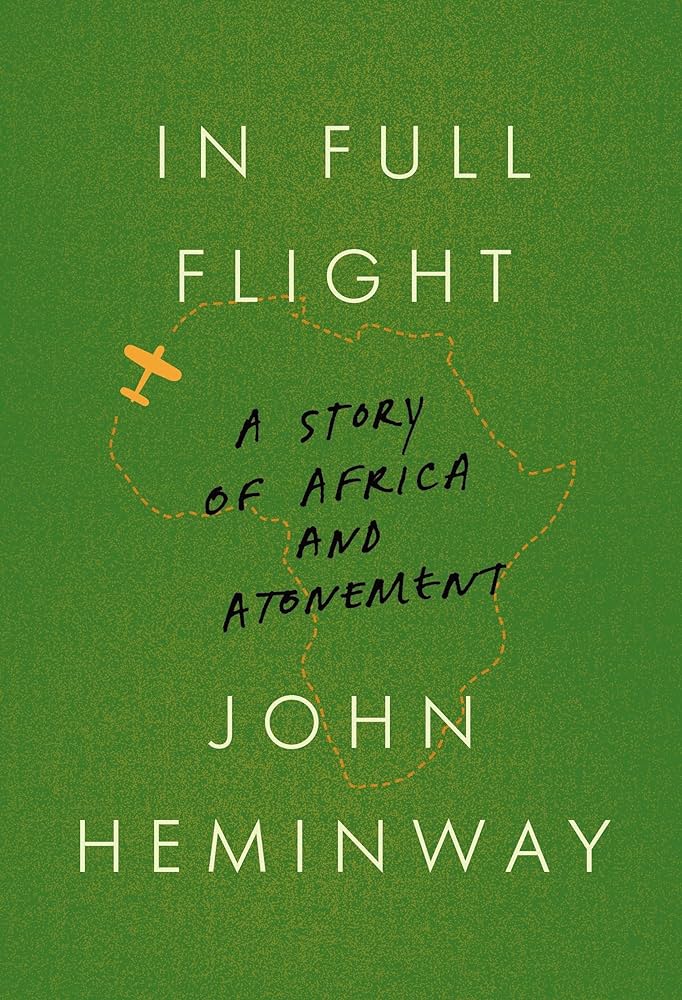In full flight – StartupSmart

Graham Turner is proof that even working on the other side of the world as a vet won’t prevent you from becoming one of Australia’s leading entrepreneurs.
The Flight Centre founder, and current managing director, was in London as a locum when he, almost unwittingly, began his career as a successful business owner.
Today, Turner is best known as the founder of Flight Centre, the travel agency and discount air fare company that has a presence in 1,300 retail outlets, across 10 countries, and an annual net profit that stood at $139 million at the last count.
But in 1973, Turner’s first business venture was as co-founder of Top Deck Tours, using old busses to show tourists the sights of London. A $1,300 investment with fellow vet Geoff Lomas allowed Top Deck to start with one bus and Turner didn’t initially see much beyond the short -term for the business.
“We wanted other people to pay for our holidays and although there was a bit of stress to get the buses on the road, we were young enough and silly enough to think it wasn’t much of a problem,” he tells StartupSmart.
“Within 18 months, we had three buses fitted out and we realised we could make a bit of money out of it. We didn’t have much to lose – I was single and 25 years old. It wasn’t a big deal if we failed, it was just a big experience to have.”
Top Deck’s fleet of buses grew to 80 before Turner, who was now married with a child, returned to Australia in 1980 and spotted an opportunity in the discount air fare market.
“These kinds of travel shops were prevalent in London in the 1970s and 1980s, they were quite prolific,” he explains. “There was also an element of de-regulation in Australia that made us thing that there was an opportunity there.”
“Rather than run 80 buses, making a $200,000 profit with 20 crew and the operational costs, it stood out to us to focus on Flight Centre.”
Turner says the “culture and philosophy” of Top Deck was carried through into Flight Centre at its foundation in 1981. But there were more tangible benefits too, with people who had put money into Top Deck becoming equity partners in Flight Centre. That, combined with organic growth, ensured that Flight Centre could open almost simultaneously in London and Sydney, but the fledgling company was hardly awash with cash.
“We were operating on the smell of an oily rag, but there’s nothing easy in a start-up and we had a bit of business experience and expertise in the sector at this stage,” he says.
“Obviously things have changed now, but Top Deck was focussed on the younger, more price conscious traveller and that was the same with Flight Centre. We had tight times, but retail travel isn’t as capital intensive as the bus tours and most of our shops were profitable from the start.”
Turner sold Top Deck to concentrate full-time on Flight Centre in 1986, only to buy back the business as part of a consortium in 2004 as the business was on the verge of collapse.
Flight Centre continued to flourish, something that Turner put down to far-sighted strategic thinking, adapting well to the way the internet transformed the world of flight bookings.
“We’ve always been long-term planners in terms of the countries we go into and have been reasonably focussed on growth and using our market share to drive deals,” says Turner. “We were always planning for growth. Nothing is ever certain but we always had ambitions.”
“People were saying 12 years ago that bricks and mortar travel agencies would die. I think there’s a long-term future in bricks and mortar as well as online. Not everyone shops on the net.”
Turner admits that he has gone down some “dry gullies”, saying: “In the late 1980s, there was pressure to move from fares to general travel and we did lose sight of our air fare expertise, which we then moved back to.”
He advises start-ups: “You inevitably get pressure to move away from what you do, but you should stick to your knitting. Try to narrow your focus, rather than broaden it.”
Turner had to cut short a sabbatical when the GFC struck and since his return to the helm of Flight Centre the company’s fortunes have revived. He may have headed the same business for nearly 30 years, but Turner’s entrepreneurial streak has been in evidence in other ventures of late.
Turner also owns several boutique hotels with his wife and Flight Centre has a 50% stake in 99 Bikes, a bicycle retail chain that is owned by his son, Matt.
“He (Matt) picked up the Flight Centre model and ran with it,” he says. “He didn’t have to re-model anything. There’s a real benefit to starting your own business rather than buying it as you don’t have the people embedded from the previous owner.”
Asked how he compares entrepreneurship today to when he first started up, Turner says: “It’s harder now, I’d say. It’s certainly quicker and you need more money to start up. In our day, you could take 10, 15 or even 20 years to establish yourself as a market leader. Now it’s five years as things move more quickly. But it all depends on good ideas and good management.
“If you are a very entrepreneurial person that wants to put your money where your mouth is, then go for it and good luck. But it’s a tough game.”
“If you are more cautious and see success in your field, then you can learn from the people who have done well. It’s also a good idea to be passionate about your business, because you’ll be spending a lot of time on it!”

